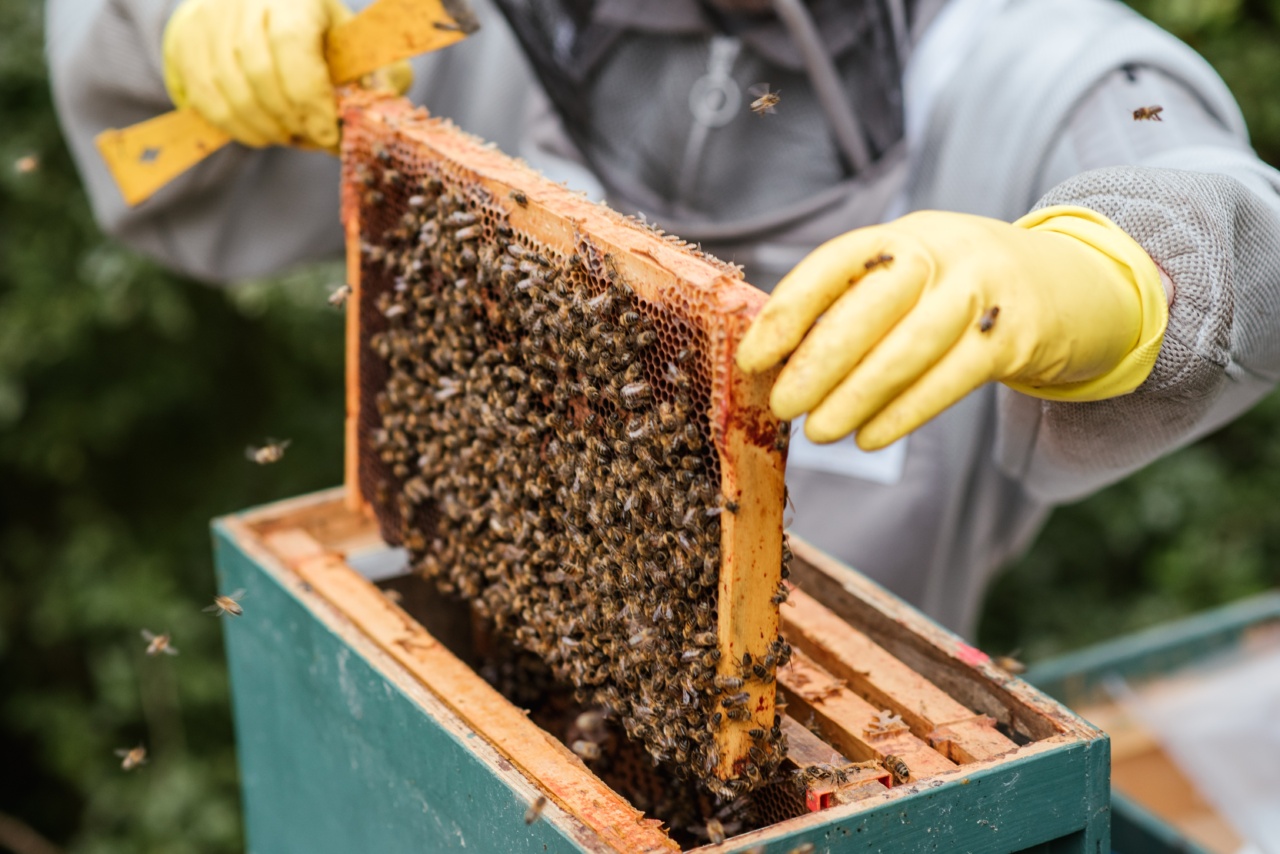Food safety is a critical issue that affects the health and well-being of individuals all over the world. Every year, millions of people suffer from various foodborne diseases, and thousands even lose their lives due to unsafe food practices.
This article explores the importance of food safety, the common causes of foodborne illnesses, and the measures that can be taken to ensure a safe food supply for everyone.
The significance of food safety
Food safety is not just a matter of personal health; it is a global concern. Unsafe food can have severe consequences, ranging from mild illness to long-term health effects and even death.
Children, the elderly, pregnant women, and individuals with weakened immune systems are particularly vulnerable to the dangers posed by contaminated food.
In addition to the human cost, foodborne illnesses also have significant economic implications.
Outbreaks of foodborne diseases can lead to massive recalls, loss of consumer trust, and negative impacts on the reputation and financial stability of food businesses.
Common causes of foodborne illnesses
Foodborne illnesses can be caused by various factors, including:.
1. Contamination during production
Contamination can occur during different stages of food production, including farming, processing, packaging, and distribution.
Poor hygiene practices, improper washing of fruits and vegetables, and the use of contaminated water during irrigation can introduce harmful microorganisms into the food supply chain.
2. Inadequate storage and temperature control
Improper storage and temperature control can lead to the growth of bacteria, such as Salmonella and E. coli, which commonly cause foodborne illnesses.
Failure to adhere to proper refrigeration and cooking temperatures can result in the multiplication of these harmful bacteria.
3. Cross-contamination
Cross-contamination occurs when harmful bacteria from one food item spread to another. This can happen through the use of contaminated cutting boards, utensils, or unwashed hands.
Raw meat, poultry, and seafood are often the primary sources of cross-contamination.
4. Improper handling by consumers
The responsibility for food safety extends to consumers as well. Improper handling of food can lead to contamination and subsequent foodborne illnesses.
Failing to wash hands before preparing food, not storing leftovers properly, and neglecting to follow cooking instructions can all contribute to unsafe food practices.
The role of regulatory bodies
Regulatory bodies play a crucial role in ensuring food safety. They establish and enforce regulations, guidelines, and standards that govern the production, handling, and distribution of food.
These bodies conduct inspections, audits, and sampling programs to monitor compliance and detect any potential hazards.
In addition to regulatory bodies, international organizations such as the World Health Organization (WHO) and the Food and Agriculture Organization of the United Nations (FAO) work towards improving food safety globally.
They provide guidance, support research initiatives, and facilitate knowledge sharing to enhance food safety practices across countries.
Ensuring food safety
While regulatory bodies and international organizations play a significant role, ensuring food safety is a collective responsibility. Here are some essential measures that can be taken to mitigate the risks associated with unsafe food:.
1. Good agricultural practices
Adopting good agricultural practices can help prevent contamination at the production stage. This includes proper handling of manure and fertilizers, ensuring clean water sources, and employing appropriate pest control measures.
Regular monitoring and adherence to food safety protocols are essential in farming operations.
2. Proper storage and temperature control
Maintaining proper storage conditions and temperature control throughout the food supply chain is vital. This involves keeping perishable foods, such as meat and dairy, refrigerated at the correct temperatures.
Ensuring that storage areas are clean, dry, and free from pests also helps prevent the growth of bacteria.
3. Personal hygiene
Practicing good personal hygiene is crucial to prevent the spread of foodborne illnesses. This includes regular handwashing with soap and water, especially before handling food.
Individuals working in the food industry should also follow strict hygiene protocols, such as wearing clean uniforms and using hairnets.
4. Proper cooking and reheating
Cooking food at the right temperatures is essential to kill harmful bacteria. Using a food thermometer can help ensure that meats, poultry, and seafood are cooked thoroughly.
Leftovers should be reheated to a safe temperature to eliminate any remaining bacteria.
5. Avoid cross-contamination
Preventing cross-contamination is crucial when handling raw and cooked foods.
This can be achieved by using separate cutting boards for raw and cooked ingredients, washing utensils thoroughly between uses, and keeping raw meats away from other food items during storage and preparation.
6. Education and awareness
Proper education and raising awareness about food safety among the general public are essential.
Campaigns, workshops, and educational materials can help individuals understand the risks of unsafe food practices and the necessary steps to prevent foodborne illnesses.
By implementing these measures and working together, we can significantly reduce the occurrence of foodborne illnesses and safeguard the health of individuals.




























